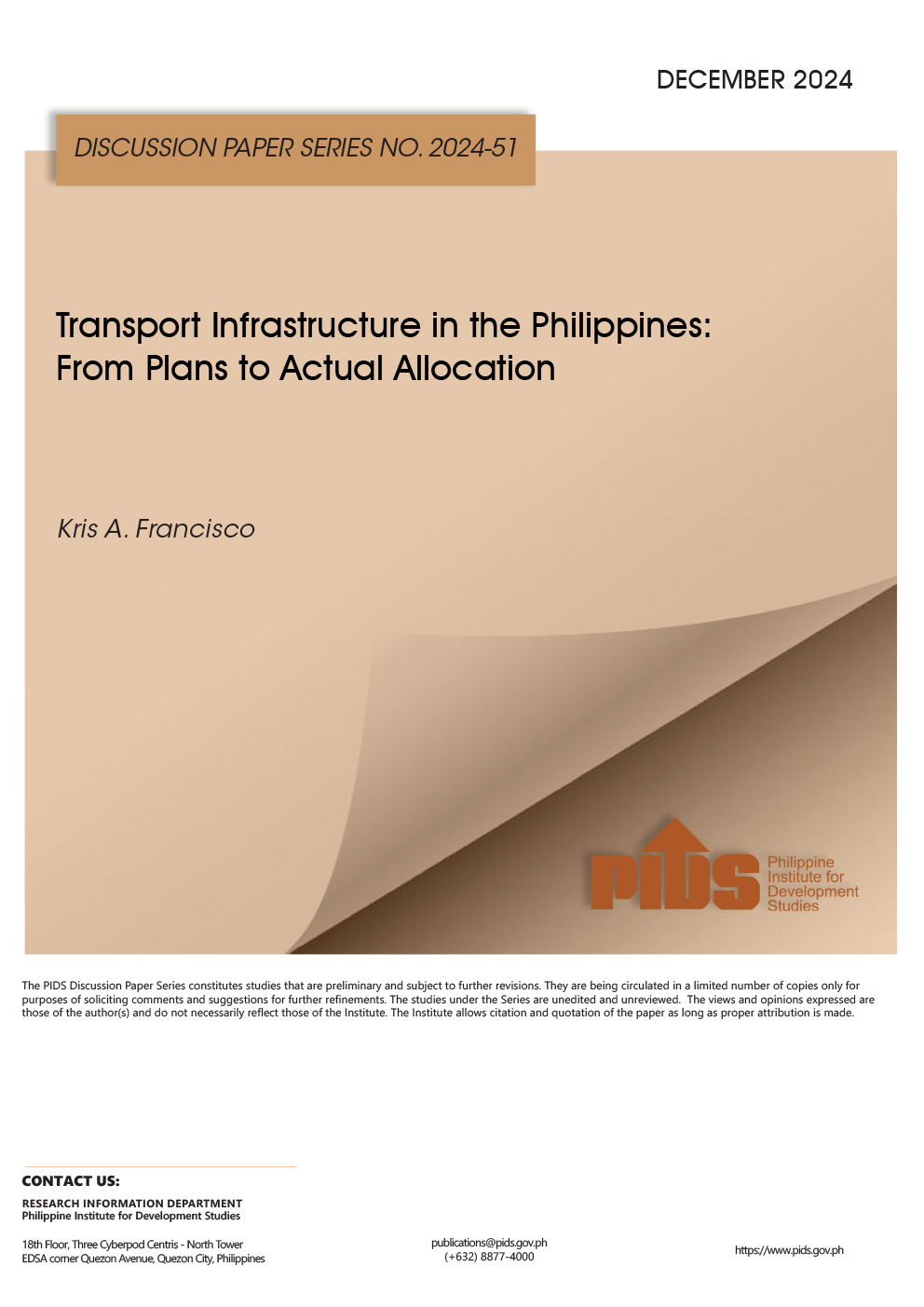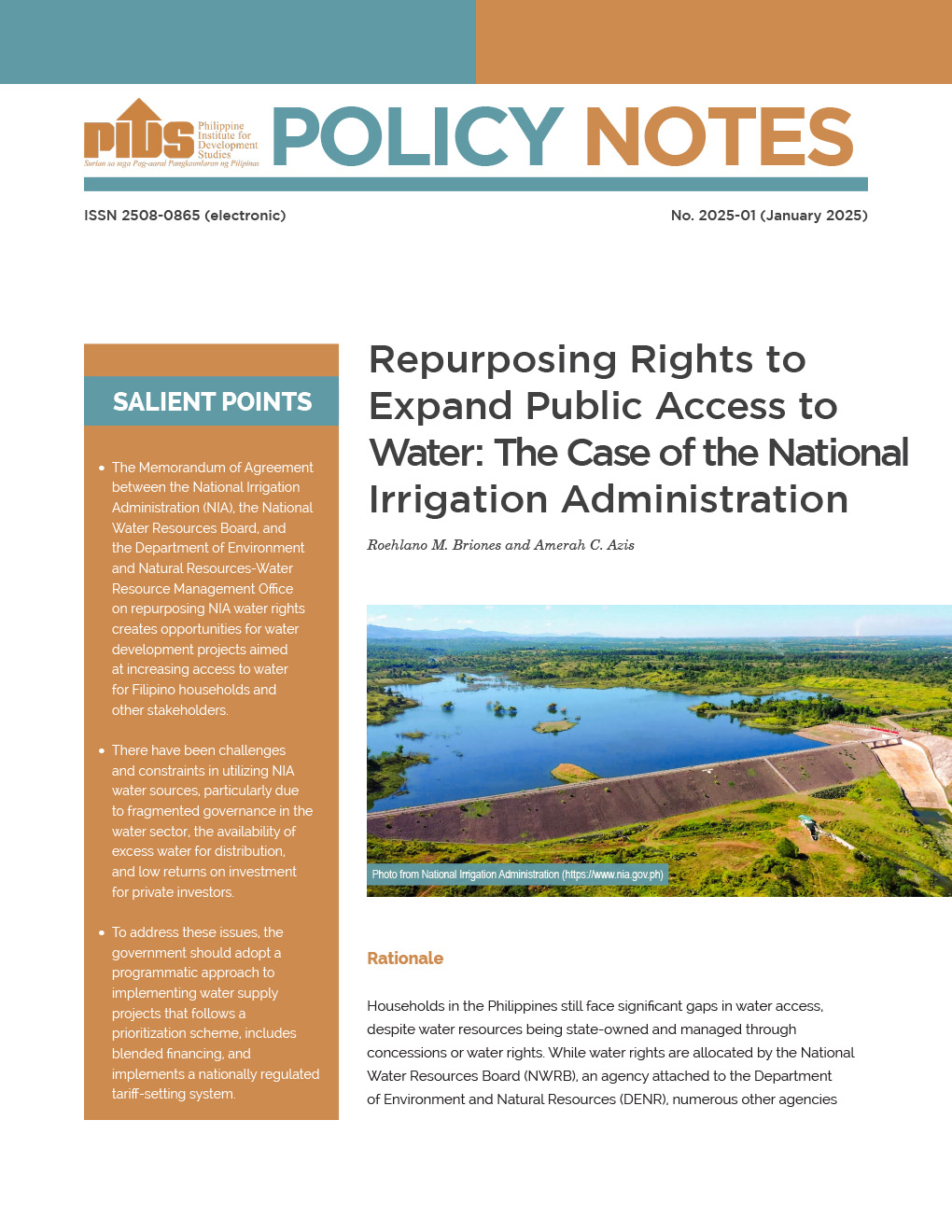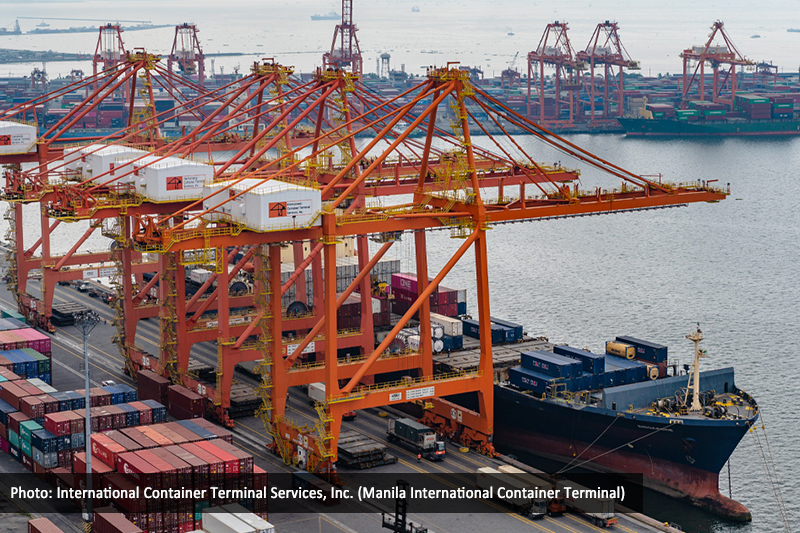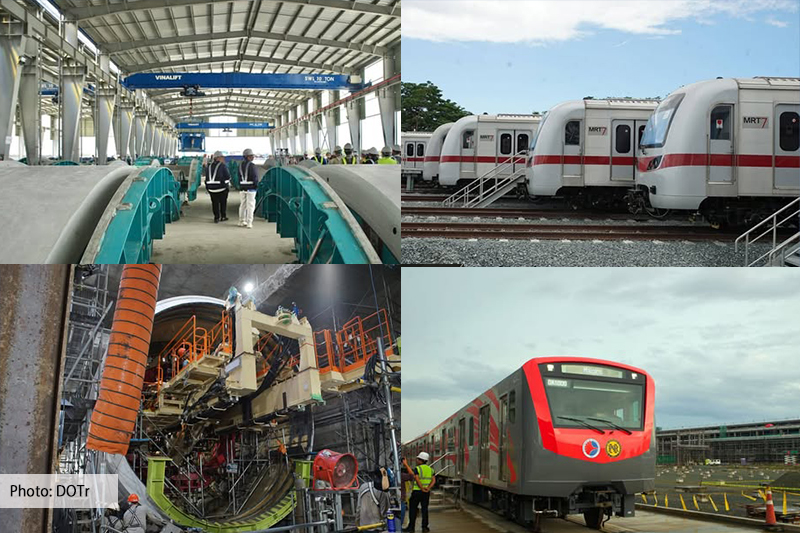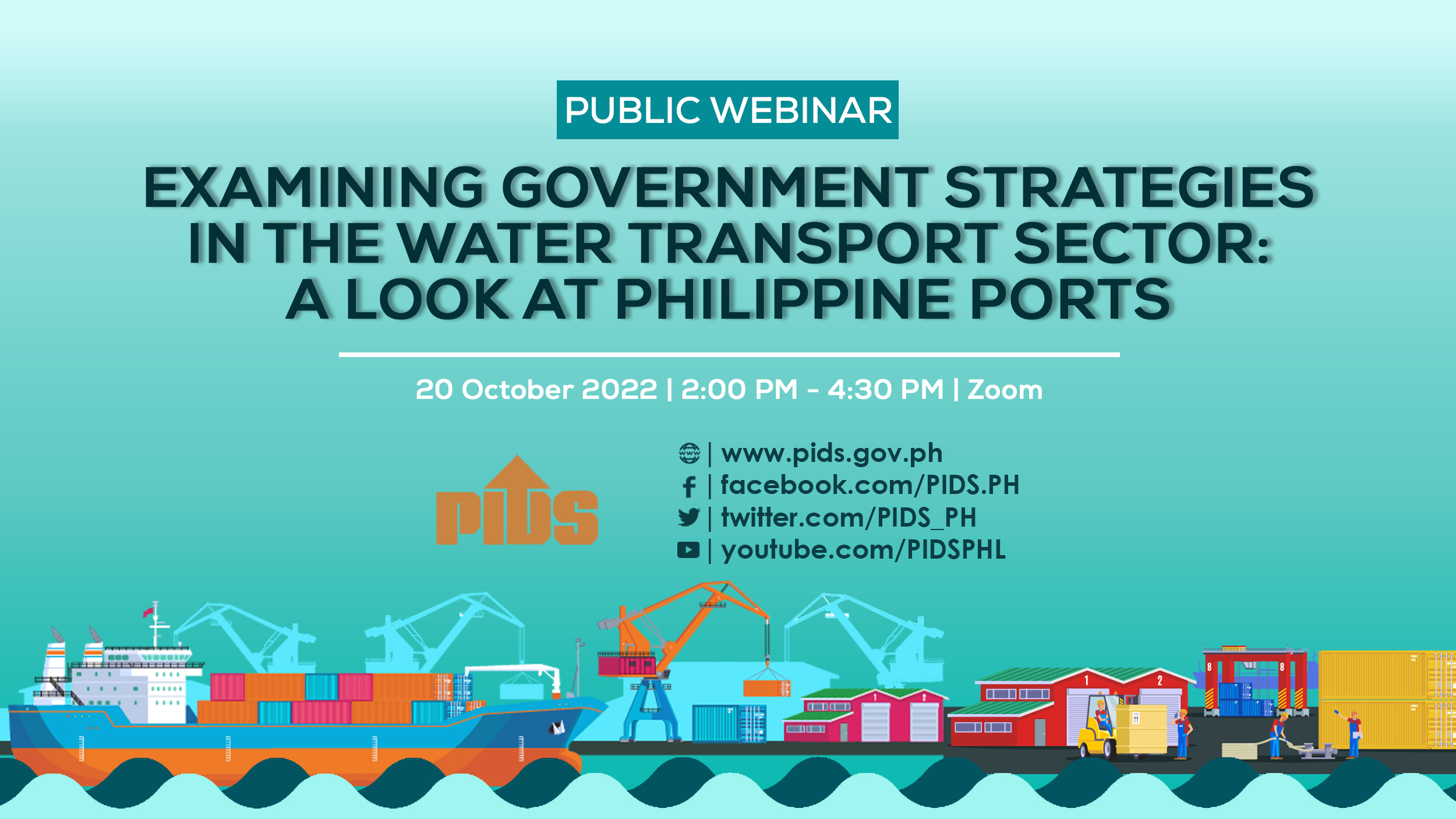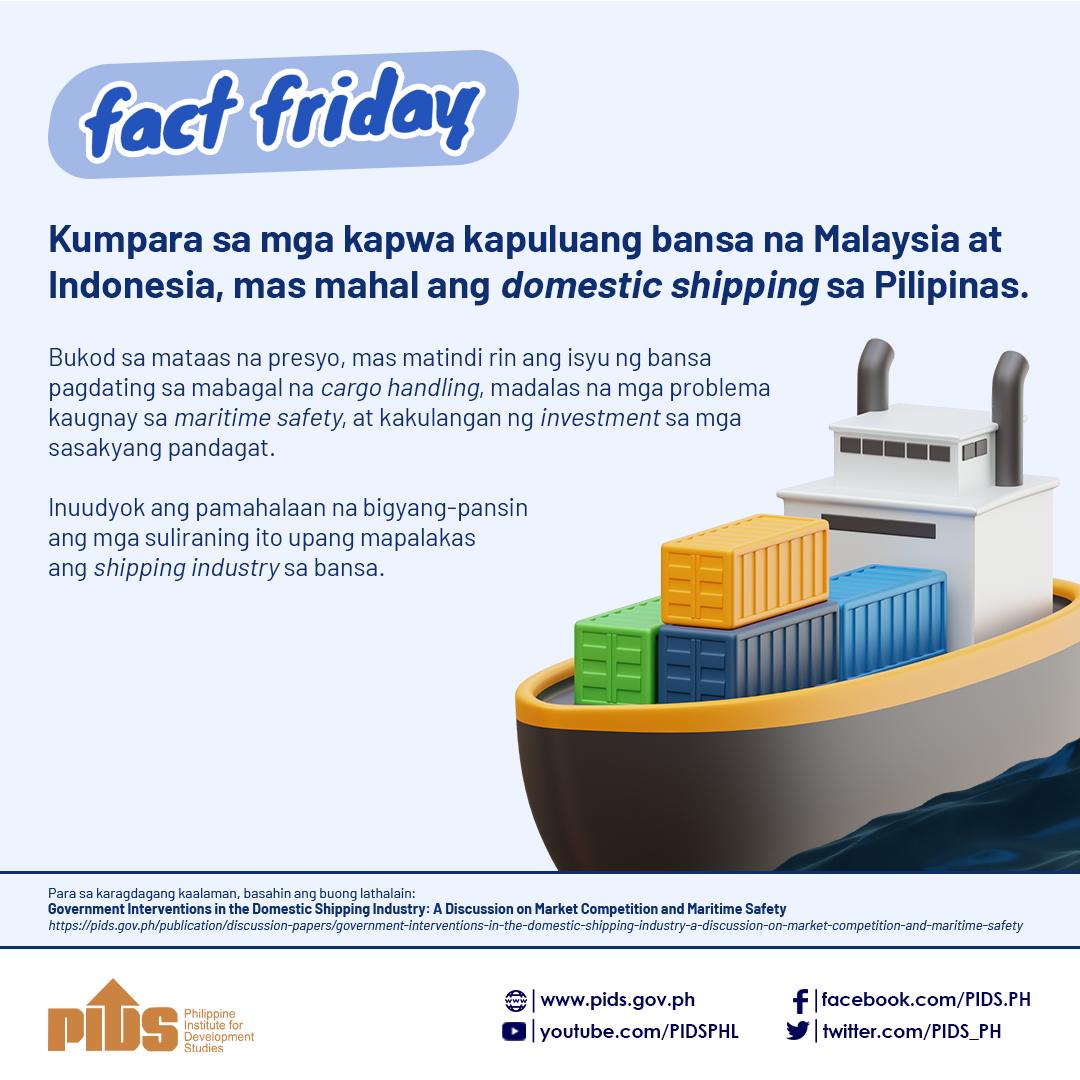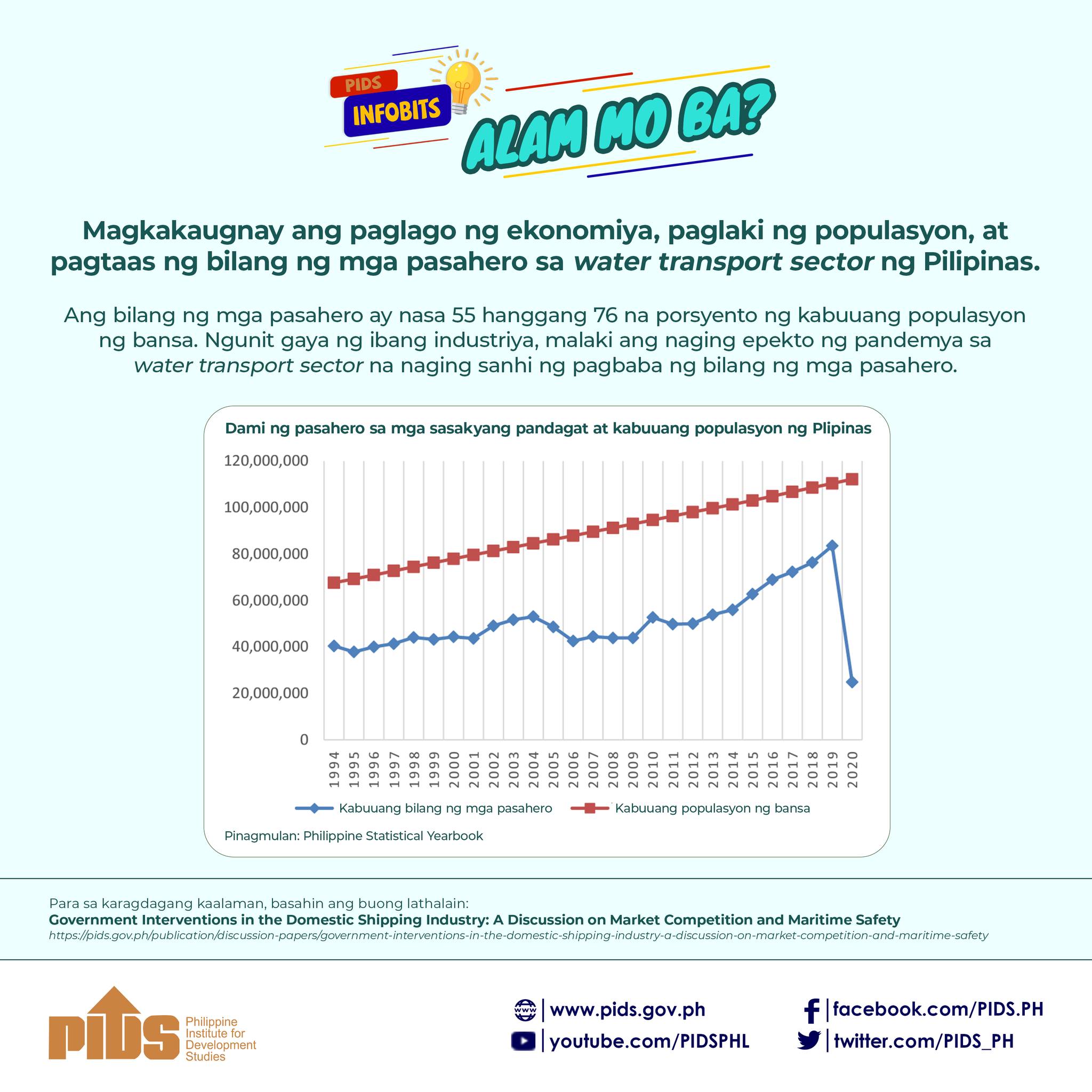MANILA, Philippines — The government will need to intensify efforts to attract investments to modernize the domestic shipping industry given its importance in the country’s trade performance and maritime safety, according to a study from the Philippine Institute for Development Studies (PIDS).
In a discussion paper titled “Government Interventions in the Domestic Shipping Industry: A Discussion on Market Competition and Maritime Safety,” which looked into reforms implemented by the government to improve the domestic shipping industry, PIDS research fellow Kris Francisco said policies to encourage investments in the industry appear to be relatively meager compared to those on market liberalization and maritime safety.
While the study found some indications that government measures such as the provision of special permits, as well as the bare-boat chartering arrangements have helped increase the number of domestic vessels in the country, comparative data showed that the country’s shipping vessels remain older and smaller than that of other Asian countries.
“This signifies the need for more intensive strategies to induce modernization of the country’s fleet,” she said.
She said investments to modernize the industry are necessary given its implications not only on the trade performance, but also on maritime safety.
“The domestic shipping industry has a crucial role in the Philippine economy as it supports domestic trade and provides an affordable means of inter-island transfer,” she said.
To address inefficiencies in the industry such as high cost of shipping, low quality of services, and increased frequency of maritime accidents, the government put in place policy reforms intended to promote market competition, encourage investments and enhance maritime safety.
The study found there have been improvements in terms of improving market competition.
“Generally, we found that the domestic shipping industry has evolved to be more competitive at present, compared to how it was in 1998. One interesting finding is that the market for cargo services has outdone the market for passenger services, in terms of competition, despite having a similar starting point in 1998,” she said.
She said this may be due to possible differences in incentives or constraints in the provision of cargo and passenger services, which should be explored in future research.
In terms of maritime safety, she said signs of significant progress are yet to be observed from data, despite measures to ensure vessel worthiness and passenger safety on-board.
As some of the policies on maritime safety are fairly recent compared to those related to market liberalization or investment, she said it may take longer to notice some changes.
“Nevertheless, this area of policy reform should be monitored closely,” she said.


